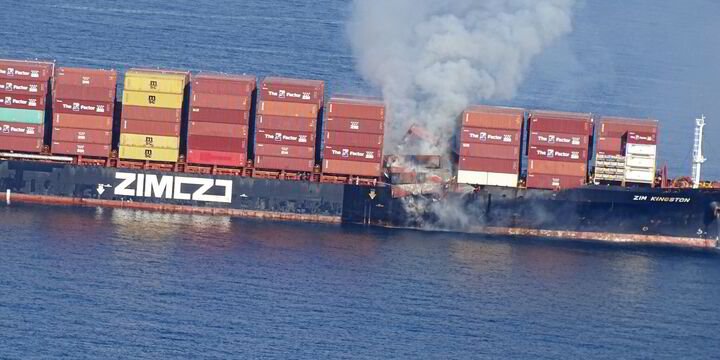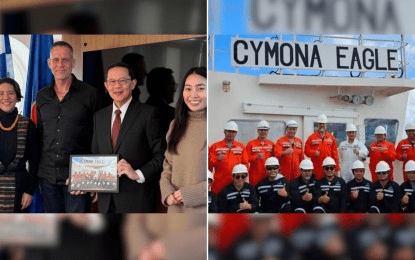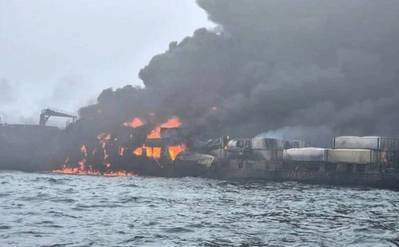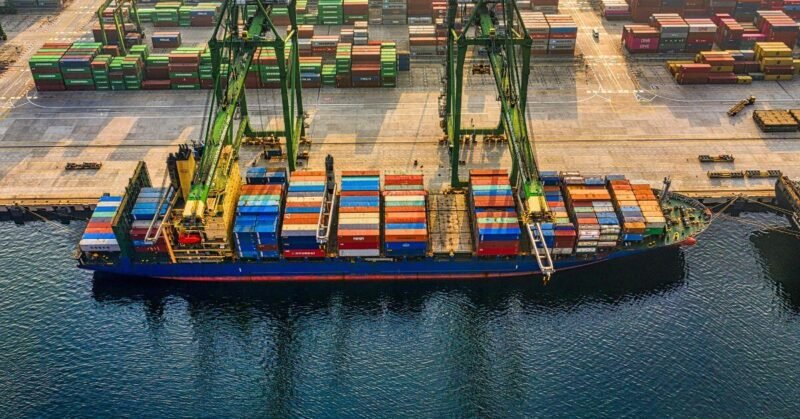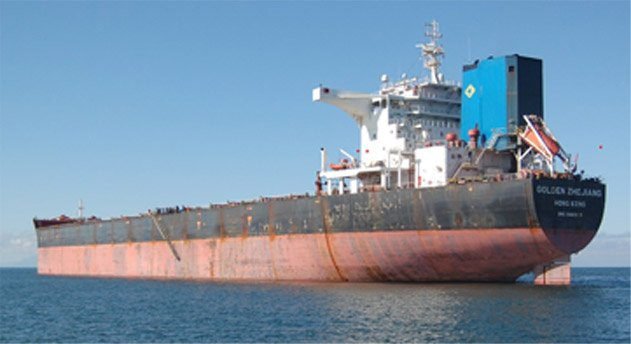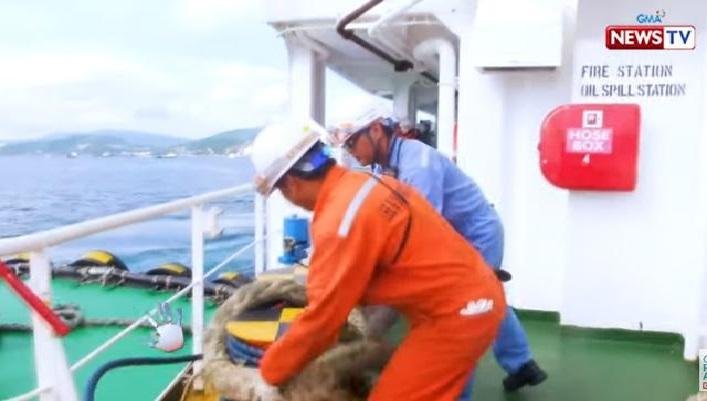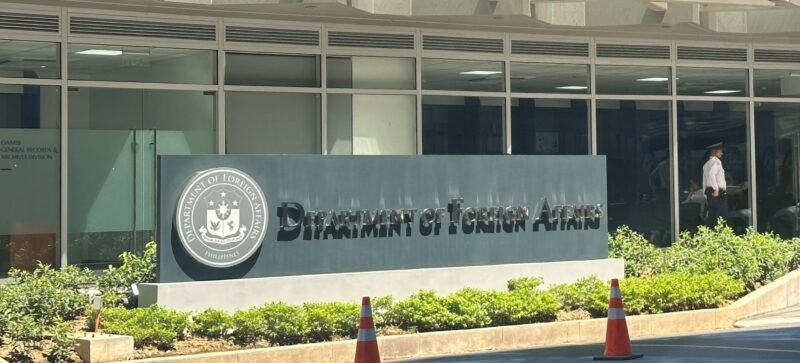The missile strike on the Magic Seas and the sinking of the Eternity C in the Red Sea should have garnered significant attention, especially in the Philippines, where many crew members originated. Instead, it was just another day for Filipino seafarers navigating dangerous waters, often treated as collateral damage in global conflicts. While companies profit from shipping, these workers face increasing risks from piracy and militarized trade routes.
Survivor Cocoy recounted the chaos during the Magic Seas attack, highlighting the panic and the inadequacy of safety protocols when a missile struck. Just days later, the Eternity C encountered similar dangers, with officials reiterating that seafarers could refuse risky voyages but would lose hazard pay. This policy, while commendable, is challenging for those with financial obligations.
Enforcement of safety regulations remains weak, as shipowners often prioritize profits over crew safety. Upgrades like reinforced ships and real-time threat intelligence are costly, and the industry frequently views crew members as expendable. For those who survive, the psychological toll is significant, with many reluctant to return to sea. Without substantial changes, the likelihood of future incidents remains high, raising questions about naval patrols in these perilous waters.


